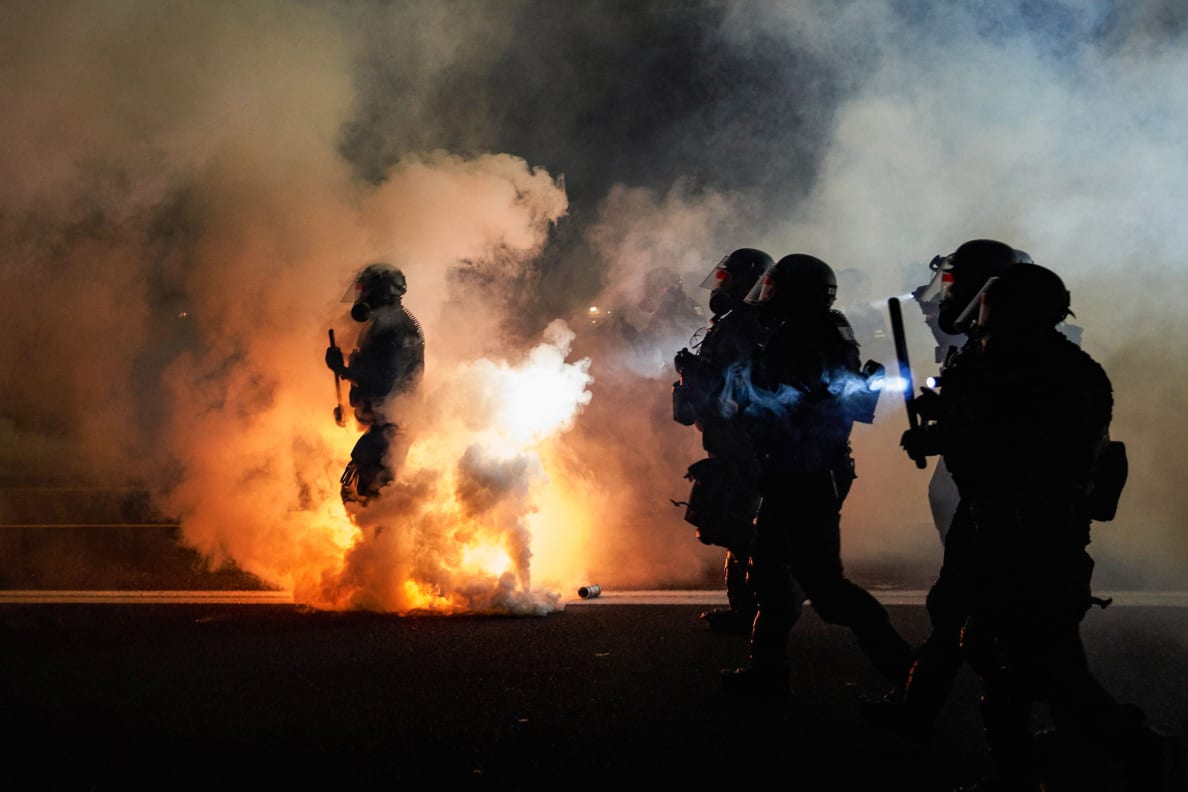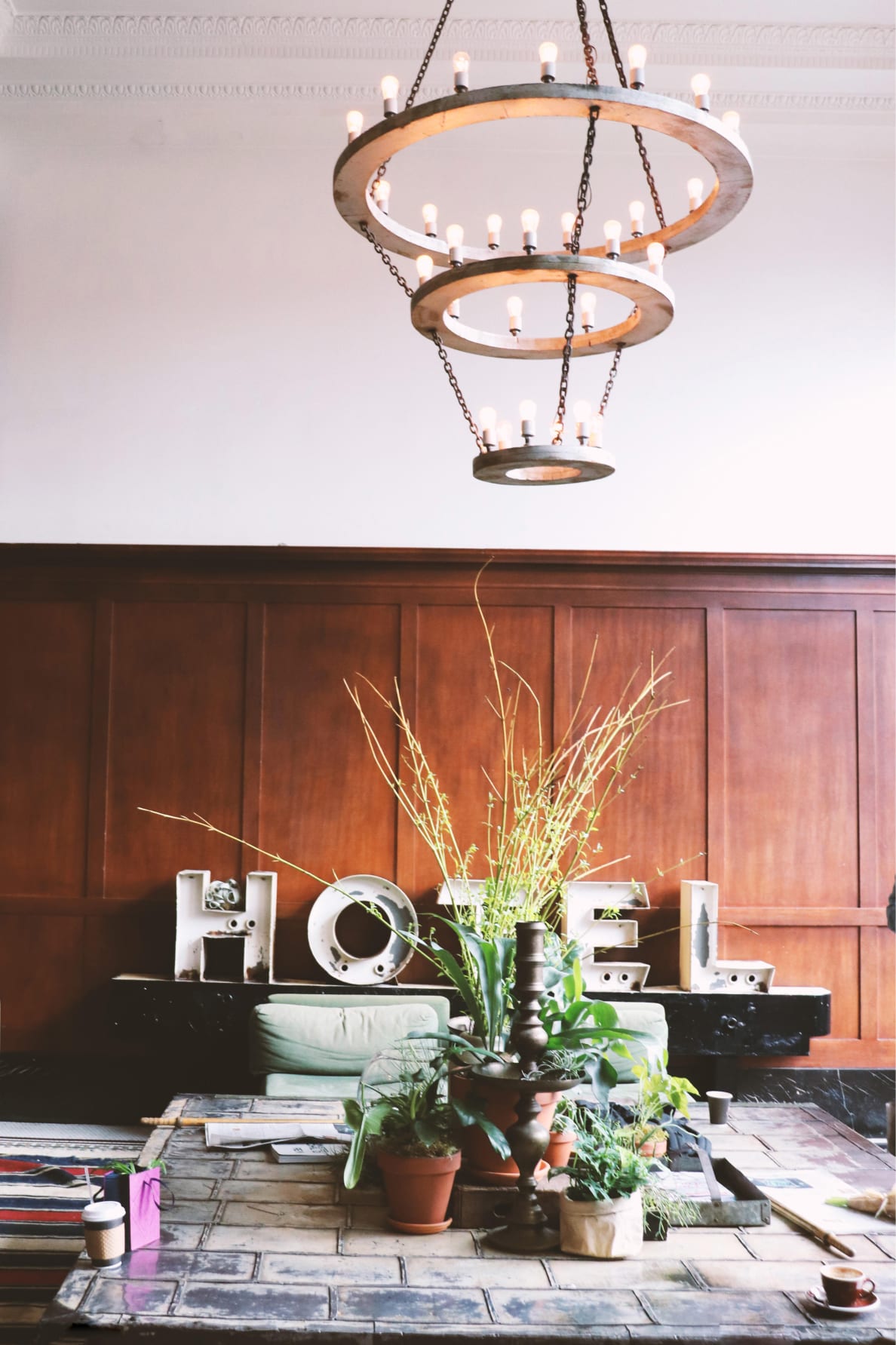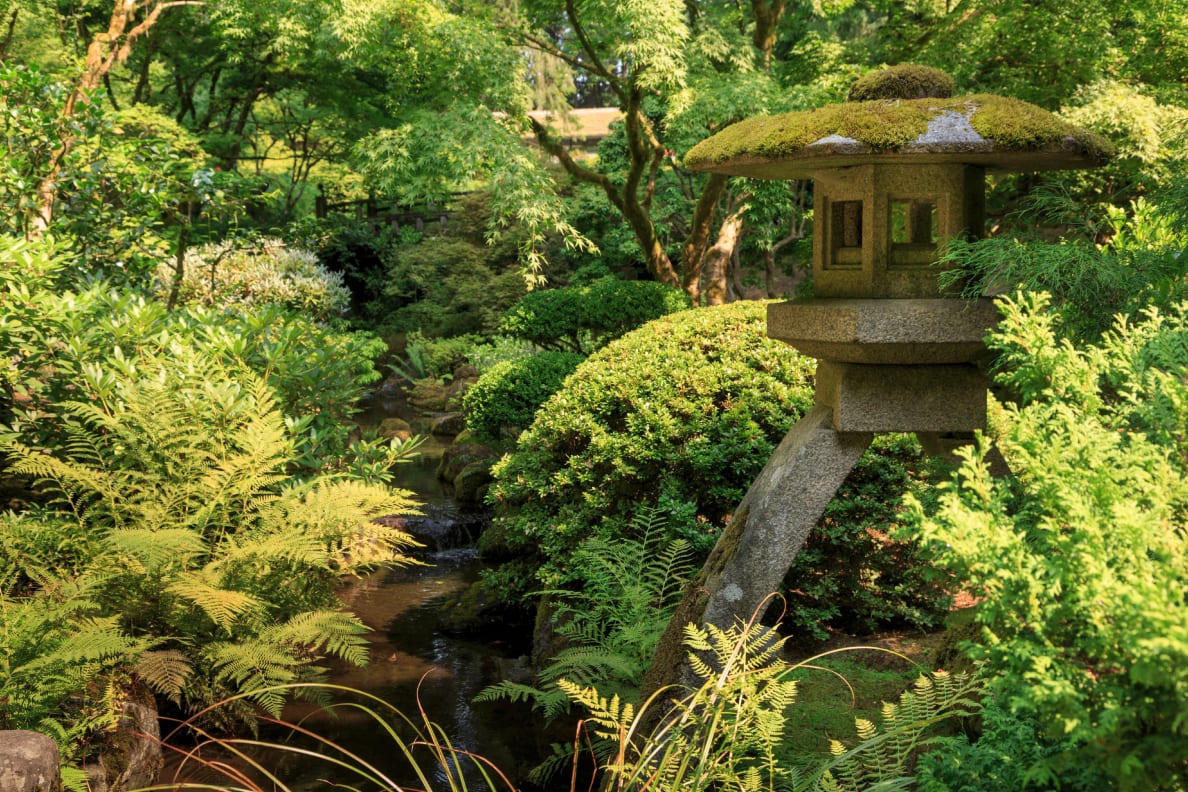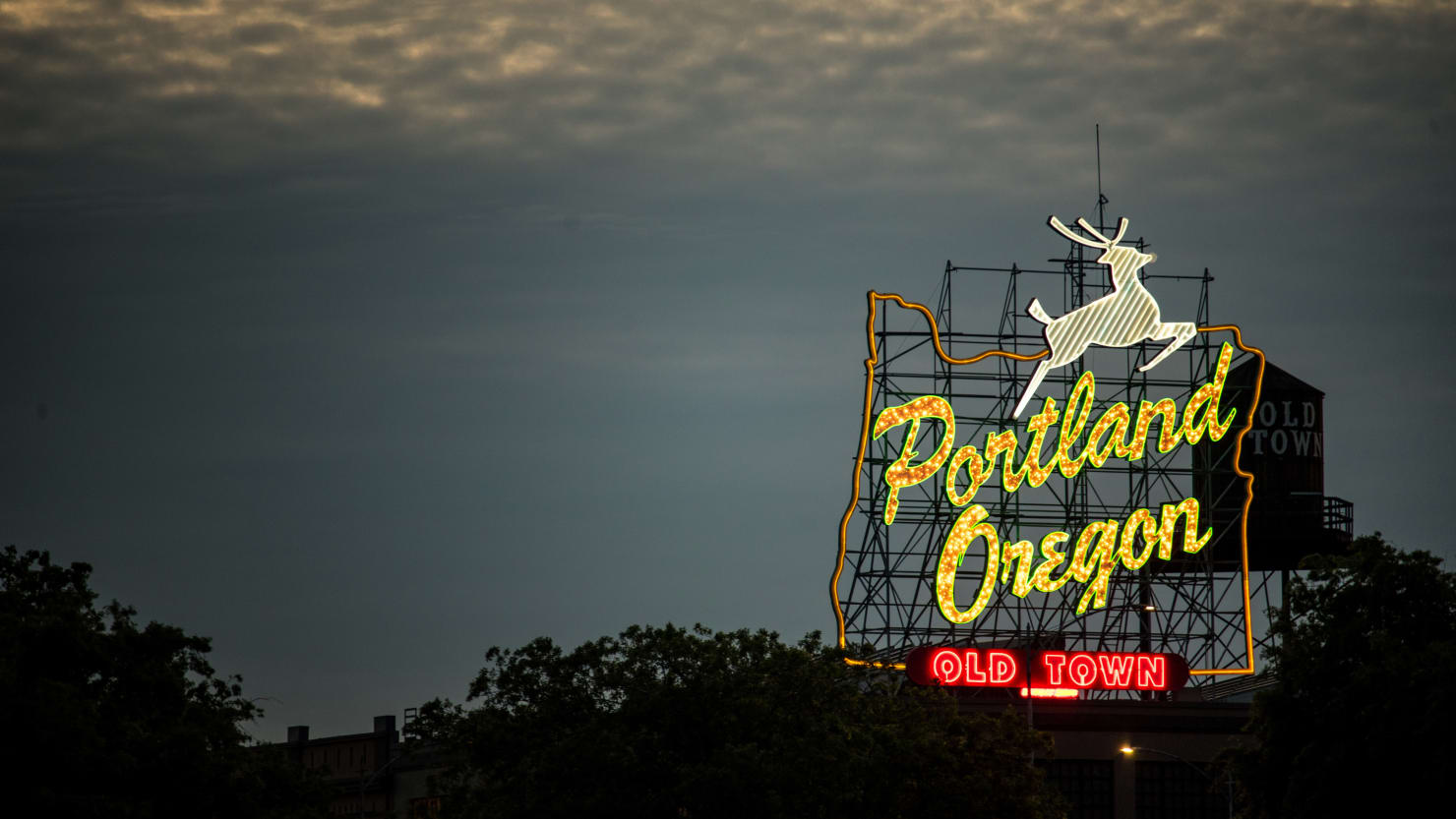Last fall, on the worst day to take a helicopter ride above the city of Portland, Oregon, in months, I climbed into a Robinson 44 chopper and soared above my adopted City of Roses. The bird roared nimbly from the roof of the headquarters of Portland’s Police Bureau, the understaffed agency that has found itself a focal point of all the grown-up, big-city problems a town known to the nation for much of the last two decades as the quaint “Portlandia” now faces: a soaring homicide rate; an alarming spike in gun violence; homeless camps proliferating from one end of town to the next and hiding fleets of stolen cars and bicycles; meth and heroin addicts openly smoking and shooting up in the streets, a litany of problems afflicting a city once known mostly for good food and beautiful parks and “weird” people and that skit about Colin the Chicken.
Leaving the cop shop, the helicopter banked over the swanky The Nines Hotel that was home for the weekend and to the downtown battered by two years of a pandemic, Black Lives Matter protests, riots and brawls between antifa and the Proud Boys. We were too high up to see anything but the confluence of beautiful old and new architecture, of rivers and forests and roads, a nice way to watch Portland’s troubles evaporate, stepping back to admire the city’s indelible beauty even if that means not squinting too close at the grit that has driven thousands of fed up residents out and into the suburbs, or away entirely from a west coast whose cities all seem to be battling the same plagues.

Oregon Police wearing anti-riot gear march towards protesters through tear gas smoke during the 100th day and night of protests against racism and police brutality in Portland, Oregon, on September 5, 2020.
ALLISON DINNER/AFP/Getty
I made myself a tourist in Portland this fall after I realized I wasn’t sure what to think of Portland anymore. It’s a place that everyone seems to have an opinion about, whether you’re a Fox News host hoisting the city up as an example of failed liberalism or an All Cops Are Bastards activist ready to tar and feather city officials and their gendarmes for riding hard on protestors. Becoming a tourist here was its own kind of bubble, especially because it meant spending several days over a period of a few weeks hopping boutique hotels and eating at superb restaurants and visiting art museums and gardens and just walking — I left my car at home and traveled via Lyft and on foot. But tourism is how 11 million people experienced Portland in 2021, and it’s in visiting the city and seeing its sights and interacting with its characters that Portland tells its story to the world. From my very first rideshare to the Ace Hotel, I saw a portrait of Portland unfold. Coolio was on the driver’s radio, and he’d just died at age 59 from a heart attack. I muttered “RIP,” which led to about as earnest and interesting a 15-minute-long conversation between two white dudes can be, about what it must be like to grow up Black in America.
Beast Travel Digest
Get the entire world in your inbox.
I got to the Ace and found a shabbily hip corner room with a busted leather couch and a record player that refused to pipe sound to the nearby speaker, so it felt like a spot-on rendition of what an Old Portland apartment might feel like, its tenant in a punk band, sleeping off a coke-addled night shift at Clyde Common (which closed during the pandemic.) The next day, I walked to the Japanese Garden, where my gracious host reminded me that racist protestors greeted this sublime respite’s opening in the 1960s. The 40-minute walk to and fro the gardens climbs from downtown and into the city’s northwest hills, which were bursting with foliage and a thick canopy of Douglas Fir trees.

The Ace Hotel in Portland.
Katelyn Bradley / Alamy
I grew up in Berkeley, Calif., where I felt perennially unsafe navigating an inner city and a school system that was beset with gang violence. Not long after I moved to Oregon in 2003 to write about the coast, I locked in on Portland as a city I wanted to live. I had friends who’d settled here for college or after graduating and would visit them when I needed an urban fix. I loved everything about the city: the food, the beer, the cool people, shopping Mississippi Street or strolling the Alberta Arts District, dancing in Chinatown, hiking in Forest Park. It was not too big and not too small. Portland felt like home, even when it wasn’t my home. It took another 12 years to finally land here. After losing a few bidding wars I found a house I could barely afford a short walk to so many amenities I’d never dreamed I’d be able to walk to: a beautiful park; my favorite grocery store; a dive Oaxacan joint with the best carnitas in town; and the sprawling Kennedy School, a reimagining of a former elementary school brought back to life with a soaking pool, five interesting bars with decent beer if mediocre food, even a movie theater and concert venue.
Over the next seven years, the city certainly changed some. Tech bros moved in from California and Seattle, forcing so many baristas and servers either out of the city or into houses with a bunch of other people in them. When in 2020 the pandemic conspired with a racial justice reckoning and housing and rising rents and shuttered restaurants and raging wildfires, the city certainly felt bleak, and I escaped it as often as I could.
But it was still Portland, the whole time. While beloved institutions like Paley’s Place and Beast closed their doors for good, my favorite eateries — Dove Vivi, Hat Yai, Padee — leaned in to takeout and built innovative outdoor seating. People masked up to hike in Forest Park and the Columbia River Gorge, but neither these places nor the city’s abundant walkable neighborhoods lost their beauty. My favorite whitewater rivers, from the McKenzie to the Deschutes to the Klickitat, all kept flowing. People still gathered to watch the sunset at the Skidmore Bluffs. I hosted small groups of friends as often as I could, in the backyard. Nowhere else I traveled, not even outdoor paradises like Bend, Oregon., or Revelstoke, British Columbia, felt like they could replace what Portland still has to offer.
After strolling the Japanese Gardens on a bluebird October day, I had dinner at Dolly Olive, the newest offering of a restaurant group once helmed by John Gorham, one of the chefs who helped make Portland the legendary food and beverage scene it is. Gorham was effectively run out of town, after a battle with brain cancer led to his anger at a troll’s Facebook comment getting the best of him. But the restaurants he built and the culture he helped bring to life are still here.

Portland’s Japanese Garden.
Education Images/Universal Images Group via Getty
The night after that, I went to Kann, one of the city’s hottest tickets, the creation of another chef who has had to reckon with a changing city. Gregory Gourdet built his reputation at Departure, the pan-Asian marvel on the rooftop of The Nines Hotel, and he found himself among a dubious collection of eateries accused of allowing abusive treatment in what locals have deemed “The Reckoning.” Gourdet’s modern homage to his Haitian roots is not only excellent, it’s likely one of the most diverse kitchens in the city.
The highlight of the “trip” was certainly Tercet, where chef John Conlin has re-envisioned a space that formerly housed prix fixe seafood restaurant Roe, where Conlin was head chef. The wave of restaurant closures that hit Portland during the worst of the pandemic and the protests opened up opportunities, Conlin told me. “I’d never have been able to sign a lease like this,” he said. Business has steadily picked up since opening in November of 2021, even as the downtown area where Tercet (and Conlin himself) lives continues to struggle. While he does look over his shoulder a bit more when walking to work than when he first moved to Portland several years ago, Conlin isn’t worried about Portland.
“Most of the people who are extremely opinionated about Portland haven’t actually been here,” he says. “They just kind of echo what they’re reading in the news. A lot of people are betting big money on Portland coming back, and I tend to agree. There’s a giant skyscraper going up two blocks from the restaurant, the Ritz Carlton, which is exactly the kind of traffic I want to see.”
Another rebirth I visited in the fall was Cafe Olli, where Taylor Manning, the former chef de cuisine from legendary Ava Gene’s is doing excellent pizza, pasta, baked goods and catering in a neighborhood on the city’s east side that has gotten dodgier in the past couple of years. But the haters are exaggerating, Manning said. “During Black Lives Matter, people acted like Portland was burning to the ground, based on a couple of blocks downtown.” While the streets around the restaurant have seen an uptick in crime and homelessness, Manning is taking it in stride. “Instead of being repulsed by it, we’ve just tried to embrace it,” hosting a community meal every day on a sliding scale from $0-$15, no questions asked, for anyone who needs it. “There’s a lot of work to be done in Portland, but from the coast to the gorge there’s so many things to love about Oregon.”
Over the next couple of weeks, I threw on my Portland tourist hat for delight after delight. I saw Ukrainian folk band Dakhabrakha play a powerful show at the Patricia Reser Center for the Arts (which is just outside of Portland proper); Lera Lynn croon before a spellbound crowd at Polaris Hall; Arooj Aftab backed by an expert guitarist and surprisingly rowdy harpist at Aladdin Theater and Aussie phenom Julia Jacklin share her songwriting prowess with a sold-out Revolution Hall, all within the span of a dozen days. I had an epic spa day, right in the heart of the central eastside at Knot Springs, where I pivoted from searing sauna to icy cold plunge to prepare for one of the best massages I’ve ever enjoyed. I saw a hilarious spoof of The Lost Boys come to life at the Siren Theater in dodgy Chinatown. I went on a food crawl through St. Johns, one of the few neighborhoods in Portland that has lost none of its edge or charm in the time I’ve been exploring Stumptown. And just yesterday, I drove out towards the coast on a cold but sunny day to pick chanterelles in the Tillamook Forest, returning with a bumper crop of golden mushrooms and a pleasantly exhausted border collie.
Nothing about my little fall staycation in Portland was hampered by the very real problems that have made it harder for lots of people to live or work or recreate here. But I know that most American cities and especially those on the west coast are all dealing with housing problems, income inequality, drug overdoses, and property crime. Some neighborhoods are harder hit than others and the one I live in is thankfully not bad (yet), but Portland is still the best city in the country, even as it grows and changes. It’s still crafty, still a collection of one charming neighborhood strung to the next, still chock full of beautiful parks and a great live music scene and world-class eateries and nerdy, friendly people, even if they are overwhelmingly white. Most of what my neighbors don’t like about Portland is simply a product of how the world has changed, as globalism and capitalism and global capitalism have failed so many people and places. But this is still a pretty great place to live, on any given day.
This post originally appeared on and written by:
Winston Ross
The Daily Beast 2023-01-10 10:04:00

